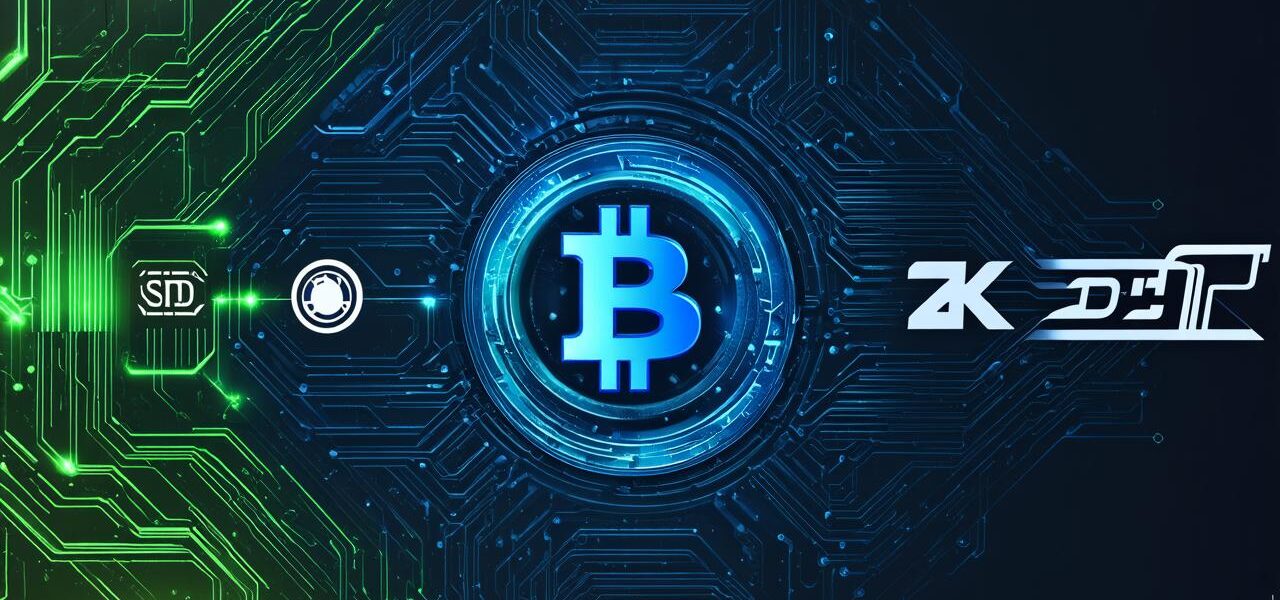
What Technologies Comprise the Blockchain Development Stack?
Blockchain technology is transforming the way we think about data storage, security, and governance. With blockchain, we can create decentralized applications (DApps) that operate without intermediaries or central authorities, providing greater transparency, privacy, and control to users.
To build a successful DApp using blockchain technology, you need to have a deep understanding of the tools and technologies involved in the development process. In this article, we will take an in-depth look at what comprises the blockchain development stack and provide actionable advice on how to leverage these technologies to create powerful and innovative DApps.
I. Introduction
Before we dive into the details of the blockchain development stack, let’s first define some key terms:
- Blockchain: A decentralized ledger that records transactions in a secure and transparent manner.
- Decentralized application (DApp): An application that operates on a blockchain network and does not rely on intermediaries or central authorities for its functionality.
- Development stack: The collection of technologies and tools used to build software applications, including the programming languages, frameworks, libraries, and tools.
The blockchain development stack is an essential component of building DApps, as it provides the foundation for creating secure, scalable, and decentralized applications. In this article, we will explore the various components of the blockchain development stack and discuss their roles in building successful DApps.

II. Programming Languages
The first step in building a DApp is to choose a programming language. There are several programming languages that can be used to develop DApps, including Solidity, Vyper, Java, Python, and JavaScript. Each programming language has its strengths and weaknesses, so it’s important to choose the one that best suits your needs.
1. Solidity
The primary programming language for building smart contracts on Ethereum blockchain. Solidity is a statically typed language with a syntax similar to C++ and Java. It is designed to be secure, efficient, and scalable.
2. Vyper
A high-level, object-oriented programming language that compiles to Solidity bytecode. Vyper is more expressive and easier to read than Solidity, making it a popular choice for beginners.



